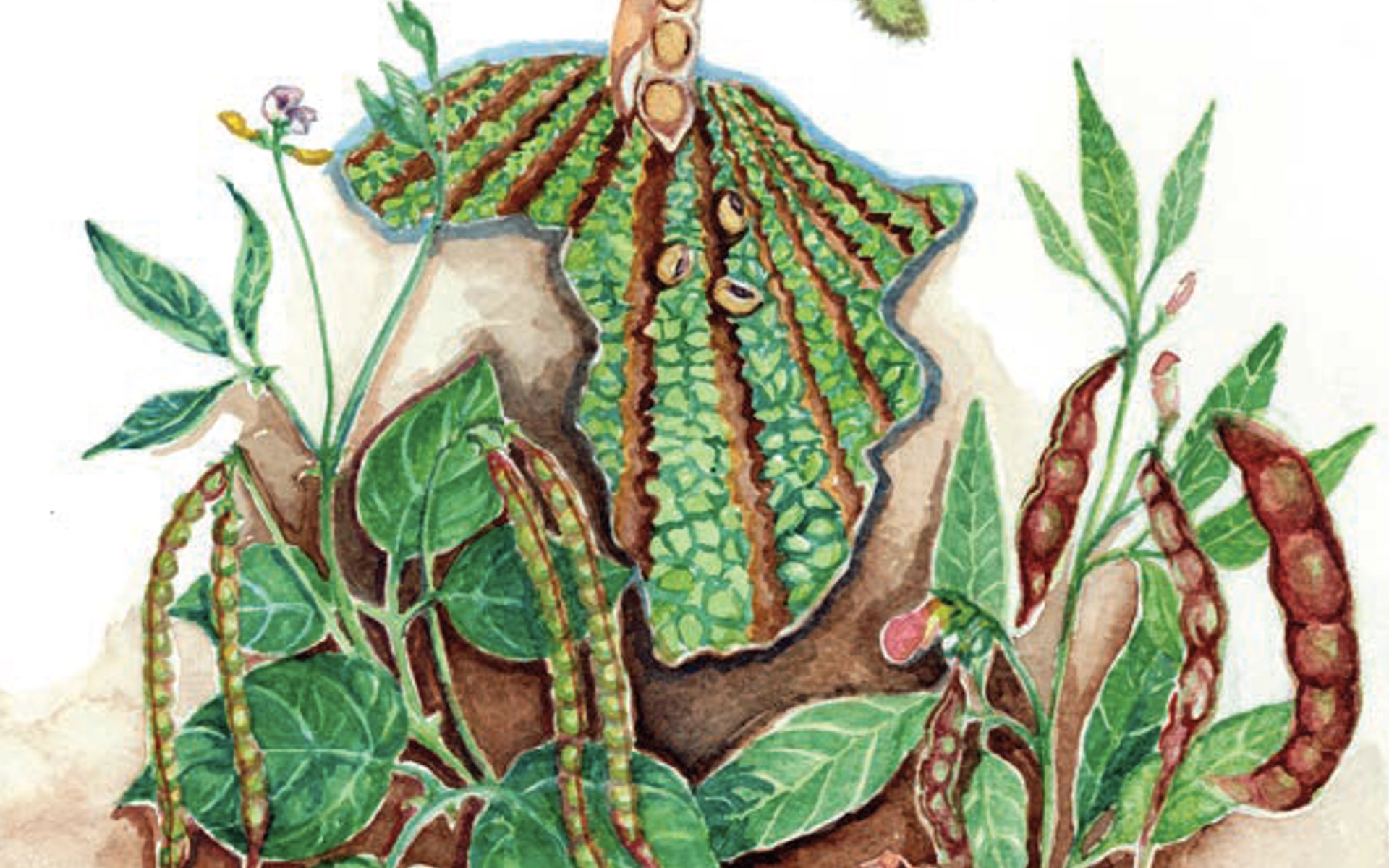Latest Resources

6 June 2024
Annual report for 2023 celebrates ACB’s 20th anniversary
2023 was a special year for the ACB, as it marked the twentieth anniversary since our organisation came into being, initially in response to the emergence of genetically modified organisms and the attendant biosafety issues in food and agriculture. As the organisation grew, our focus broadened to include a host of interconnected issues affecting food […]

27 May 2019
Securing equitable farmer support and the transition from the Farm Input Subsidy Programme in Zambia
We are pleased to share with you this discussion paper, co-published by the African Centre for Biodiversity (ACB) and the Zambia Alliance for Agroecology and Biodiversity (ZAAB). In Zambia, as in many other African countries, decisions related to food production and consumption increasingly lie outside the control of those responsible and accountable for food and […]

15 May 2019
Input Subsidies in Mozambique: the future of peasant farmers and their seed systems
In this report, the African Centre for Biodiversity outlines and assesses input subsidy programmes in Mozambique, as part of the larger agriculture policy landscape, and the impact this has had on the agricultural sector, particularly on smallholder farmers. In Mozambique, peasant farmers feed the country mostly using their own seed. Yet the majority of (donor-funded) […]

5 October 2018
The future of smallholder farmer support in Tanzania: Where to after the National Agricultural In...
A publication by the African Centre for Biodiversity (ACB) titled The Future of smallholder farmer support in Tanzania: Where to after the National Agricultural Input Voucher System (NAIVS)? discusses farm input subsidies in Tanzania and their impacts on smallholder farmers. The report examines the history of farm input subsidy programmes (FISPs) in the country, with […]

10 September 2018
Report from SADC regional farmer speak out on farm input subsidy programmes
Rural Women’s Assembly (RWA) and African Centre for Biodiversity (ACB) jointly hosted a meeting of farmers and civil society organisations (CSOs) in August 2018 to share views and experiences on farm input subsidy programmes (FISPs) and public sector support for agroecology in the region. About 140 participants from Namibia, South Africa, Zimbabwe, Mozambique, Zambia, Malawi, […]

16 October 2017
GM cotton in Africa: battleground between US and Chinese Capital
This paper provides an overview of the GM cotton push in in East and Southern Africa, within the context of the global and regional cotton markets.

15 June 2017
The GM maize onslaught in Mozambique: Undermining biosafety and smallholder farmers
A new report from the ACB, “The GM maize onslaught in Mozambique: Undermining biosafety and smallholder farmers” written in conjunction with Acção Academicapara o Desenvolvimento das Comunidades Rurais (ADECRU) has been released today. It provides an analysis of the changes made to Mozambique’s biosafety legislation in order to allow for field trials of genetically modified […]

13 March 2017
Two simplified briefings introducing new GM technologies and biosafety risks
These reports introduce the novel techniques already being employed, or in development and their associated biosafety concerns that go against the claim that crops developed with these methods are technological progress in ‘precision’ and ‘safety’. Further described is the utilisation of RNA interference, an epigenetic process that is already being employed in commercialised crops. Despite […]

13 February 2017
Bayer-Monsanto merger: An existential threat to South Africa’s food system
In December 2016 Monsanto shareholders voted in favour of the sale of the company to Bayer for US$66 billion, making it the largest-ever foreign corporate takeover by a German company. Both Bayer and Monsanto are major global manufacturers of agrochemicals and seeds, including genetically modified seed. A merged entity would be the world’s largest supplier […]

29 August 2016
N2 Africa, the Gates Foundation and Legume commercialisation in Africa
This report considers the N2Africa programme, which aims to develop and distribute improved, certified legume varieties (soya, common bean, groundnut and cow pea); promote and distribute inoculants and synthetic fertiliser; and develop commercial legume markets for smallholder integration in 13 countries in sub-Saharan Africa: Tanzania, Uganda, Ethiopia, Nigeria, Ghana (core countries); Kenya, Rwanda, Democratic Republic […]
